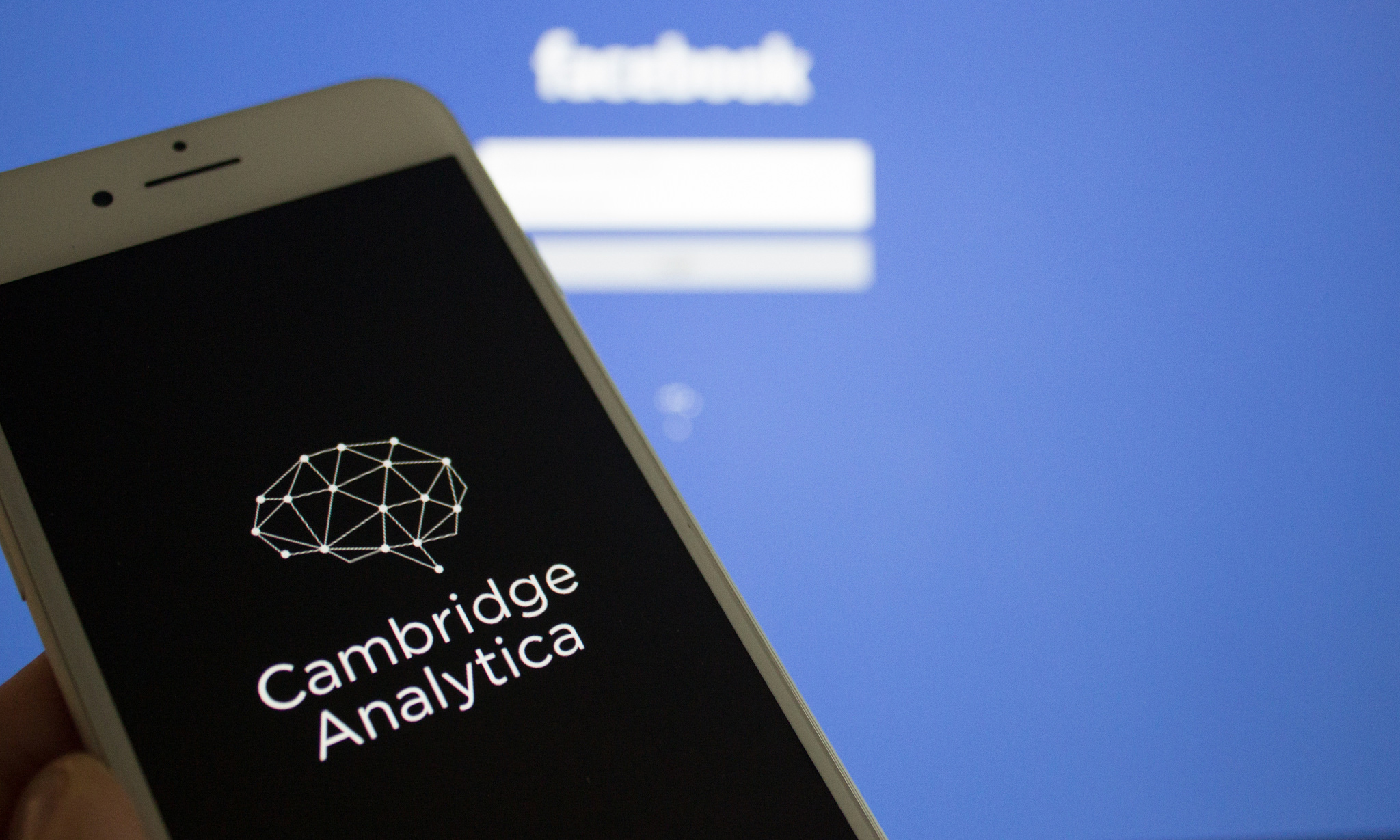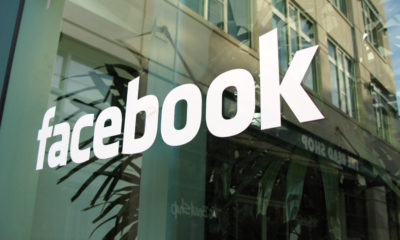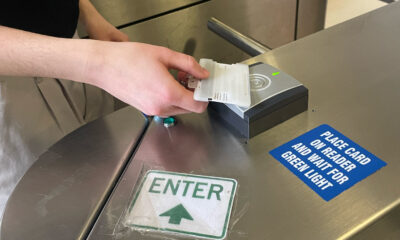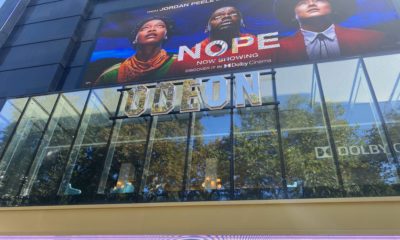How safe is your data?
Over the weekend, a whistleblower from Cambridge Analytica revealed that the company harvested Facebook profiles, and used them to influence the voting for the 2016 US presidential election
Conservative MP Damian Collins has recently requested testimonies from both leaders, Mark Zuckerberg and Alexander Nix, to see if they could explain why the data breach happened. The inquiry came when an ex colleague of Cambridge Analytica, unveiled the biggest data breach to happen to Facebook users.
Ex colleague Christopher Wylie, exposed how personal information was taken from over 50 million profiles. He spoke to the Observer, explaining the whole process and how he and company executives didn’t see anything wrong with what they were doing.
During the hack, Facebook profiles were completely taken over, which gave access to users messaging, friends lists and other private information. These users were then unknowingly influenced, as they were constantly shown political information that Cambridge Analytica knew would be effective to change people’s minds in the 2016 presidential election.
Cambridge Analytica is currently being investigated both in the UK and the US, but are holding on to the idea that they believe they did nothing wrong. In a recent tweet from the company, they stated;
Reality Check: Cambridge Analytica uses client and commercially and publicly available data; we don’t use or hold any Facebook data. 1/8
— Cambridge Analytica (@CamAnalytica) March 17, 2018
Collins has recently stated that ‘it’s now clear that data has been taken from Facebook users without their consent, and was then processed by a third party and used to support their campaigns’. However, both companies still argue that none of the data was taken knowingly.
When we learned GSR sold us Facebook data that it shouldn’t have done, we deleted it all — system wide audit to verify 2/8
— Cambridge Analytica (@CamAnalytica) March 17, 2018
Facebook has removed both My Wylie’s Facebook and Instagram accounts after the recent video became viral.

















